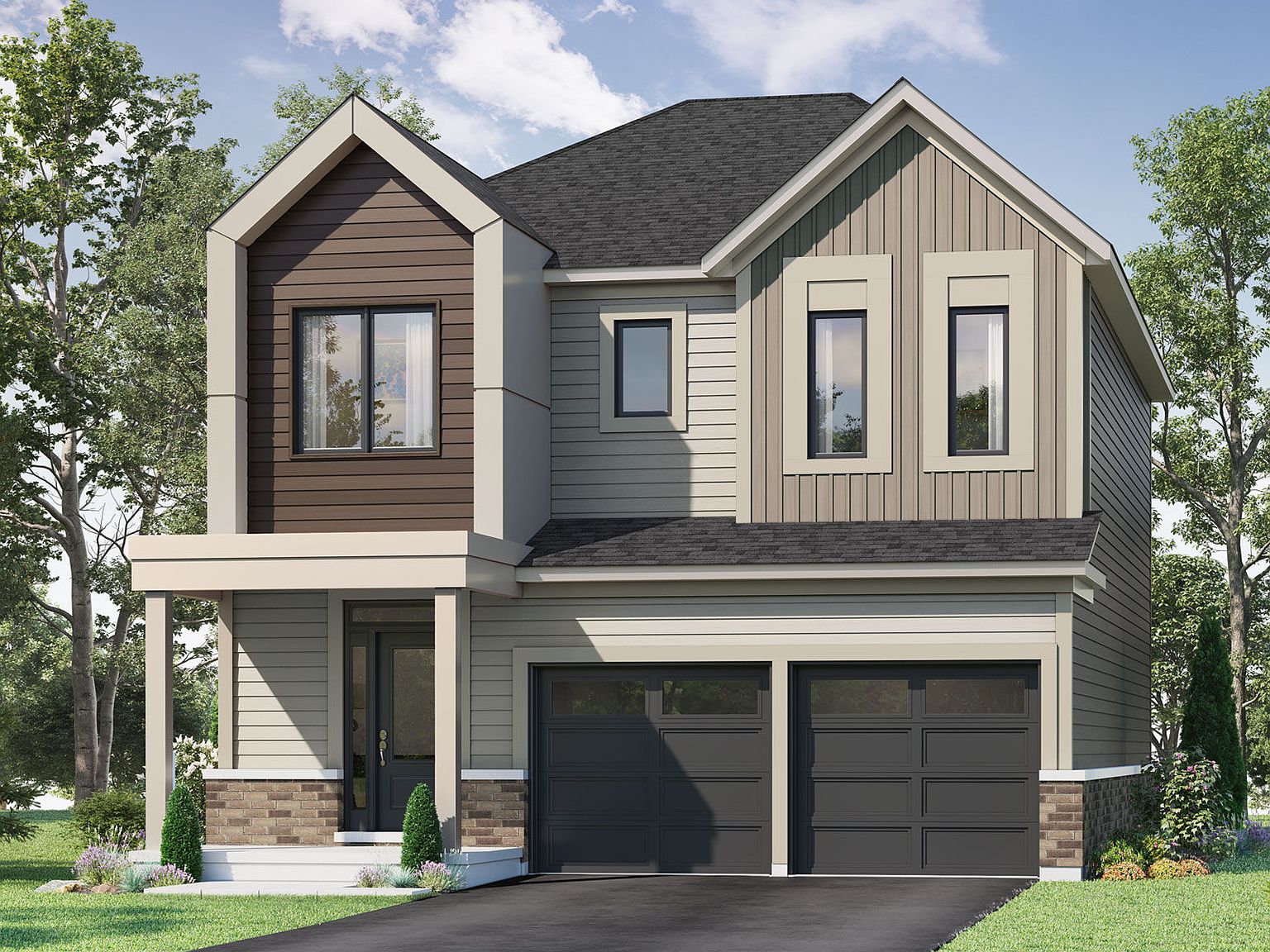Purchasing a house is one of the a major choices numerous individuals will make in their lives. Considering multiple opportunities in the real estate market, finding your way through the varieties can frequently seem daunting. For prospective home buyers, understanding what to focus on can make all the difference in locating a house that not only satisfies urgent requirements but also delivers sustained fulfillment and worth.
As you set out on this process, it's essential to consider elements in addition to just the visual attractiveness or the home's cost. Including the surrounding neighborhood to the configuration of the house itself, various features play a crucial role in your choices. This manual will examine key aspects to look for when buying a house, ensuring you take a knowledgeable choice that aligns with your way of life and long-term goals.
Significance of Location
Site is often mentioned as the primary essential aspect in real estate. A property's location can significantly influence its market price and charm to potential purchasers. Homes located in desirable neighborhoods close to facilities such as recreation areas, retail, and learning centers tend to retain their market value better over the long term. Accessibility to key transport links and employment centers also represents a crucial factor in determining the attractiveness of a site.
Apart from direct conveniences, the surrounding environment is important for home clients. Aspects like protection, government services, and the general atmosphere of the community can influence residents' contentment and living experience. Buyers should investigate local population statistics and upcoming development plans, as these can mold the nature of the area and affect future property prices.
Lastly, lifestyle considerations can dictate the value of site for individual purchasers. Parenting units may prioritize nearness to performing schools, while young professionals might look for lively urban settings with entertainment and community activities. Comprehending individual's preferences and preferences regarding position will lead to better educated decisions when acquiring a home.
Crucial Layout Aspects
In the process of evaluating a home, the design is just as vital as its location. An expansive layout is often sought after, as it encourages a vibe of spaciousness and facilitates social engagement. real estate insights allows for natural light to filter through the living areas, making the home seem more inviting. Buyers should evaluate how the layout aligns with their lifestyle and daily activities, ensuring that spaces are practical and suitable for their requirements.

Moreover, the flow between rooms holds a crucial role in how a home feels. A practical and rational arrangement can enhance movement throughout the space. Home buyers should look for seamless transitions between the kitchen, dining, and living zones, as well as sufficient privacy for bedrooms and bathrooms. This balance ensures that each area serves its purpose while still remaining connected to the core of the home.
Additional features such as custom storage, dedicated workspaces, and outdoor access can also elevate the functionality of a home. Buyers should pay attention to how well the layout accommodates these elements. Well-placed closets, mudrooms, and home offices can noticeably impact overall satisfaction by providing necessary practicality and organization in daily life. Focusing on these aspects will assist buyers find a home that meets their wants and improves their living quality.
Finding Harmony Cost and Value
As navigating the real estate market, understanding the balance between cost and worth is essential for potential home buyers. The cost of a home is often what buyers focus on, but value encompasses a broader range of considerations, including site, features, state, and future investment potential. It is essential for buyers to evaluate whether a home’s cost mirrors its true worth in the context of its environment and features.
To attain this balance, buyers should conduct thorough market analysis and contrast similar properties in the neighborhood. This includes looking into current sales, local trends, and accessible features. A home located in a sought-after school district, for example, may fetch a higher price but can provide considerable long-term value. Additionally, grasping the current market conditions can help buyers ascertain if they are spending a reasonable cost based on whether it is a seller's market.
Ultimately, buyers should also consider possible renovation or improvement costs when assessing a property. A home that needs major repairs may seem affordable upfront, but the necessary expenses can quickly increase the total cost of ownership. By weighing these aspects carefully, home buyers can make informed decisions that balance price with overall value, guaranteeing a rewarding and economically wise purchase.
